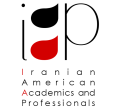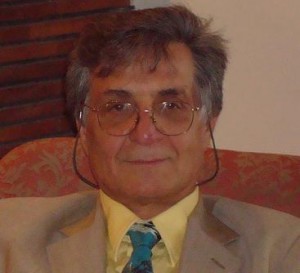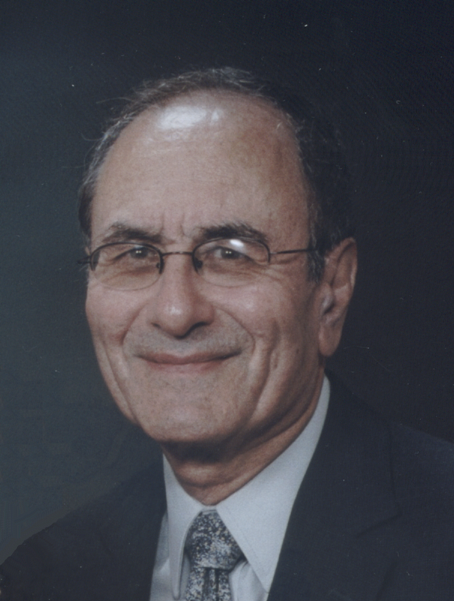Globalization has made it inevitable for each individual to redefine his/or her identity. This said, nonetheless, redefinition of one’s self is a very difficult task. Due to this abstruseness, there is a tendency among most ordinary citizens of the globe to skip redefining the self. Instead, they subscribe themselves as the disciples of selected celebrities, as they passively wish. Yet there are other alternative ways. These attempts at defining oneself can range from that passive end to a proactive one defined in terms of ‘protocol identity.” The options in-between are more influenced by a pull-push mechanism between the following two constituents of human’s personal or institutional identity: (1) the ascriptive root (Nasabi) of the self and (2) the achieving status of the self (Sababi.) Inspired by the Persian-speaking Iranian Orafa such as Hafez and Khayyam, and through a post-modern prism, Dr. Seif Zadeh has offered “protocol identity” as an intellectual construct to overcome this uni-dimensionalism. The suggested model is designed in a way to empower each individual to independently define her/or his self, as he/or she will. The multiple dimensions and the flexible configuration of the suggested model of protocol identity seem to provide each individual person or institution with an exit formula to overcome the identity challenge-arising from the globalization processes. The prefix protocol for identity indicates that identity is context-bound. That is it can be redefined due to changes in both situational ideational dimensions of life. In his talk, Dr. Seif Zadeh discuss these aspects of human life and how to tackle the identity challenge.
About the Lecturer:
Dr. Hossein Seifzadeh is currently an Adjunct Scholar at Middle East Institute in Washington, DC. He is a retired professor of Political Science at University of Tehran, Law and Politics Dept. His main interest is Iran’s international and domestic politics. As such, he delved himself into a variety of Iranian political life aspects including both theoretical and practical, and also ancient, mid and modern dimensions of it. Cultural and democratic aspects of Iranian politics have been more addressed by him. He is the author of more than 20 books and has published more than 160 papers in international journals. Dr. Seifzadeh has done his post-doc at Harvard University (1991-2) and his Ph.D. studies at University of California-Santa Barbara (1980-3.) He submitted his Doctoral dissertation to the University of Tehran in 1985. He has two Master degrees in Public Administration from University of California-Chico (1979) and Political Science from Tehran (1974.) Since 1975, he has taught in different higher education institutes in Iran and participated in numerous international seminars and academic ventures across the board. In this respect, he has been invited to Harvard University as a Visiting Professor several times and is heading to Argentina in the coming Summer.
Montgomery Community College (Rockville Campus)- Humanity Building (HU), Conference Room 009
Get Directions, Bulding Location on Campus
Dues: $15 per person, $5 for students (including dinner)



